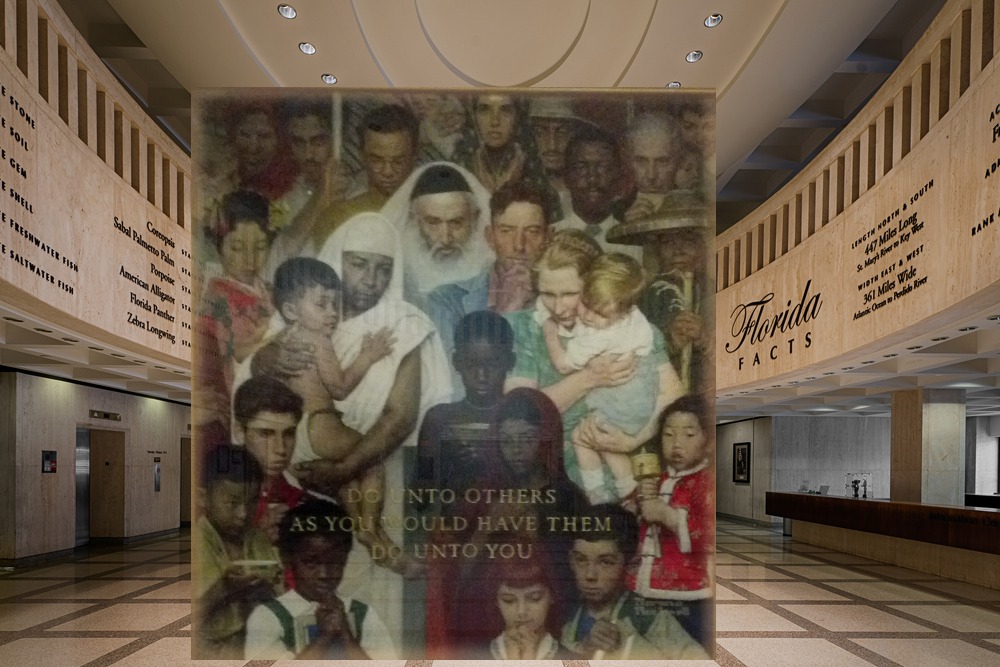In Isaiah 58:3, the prophet asks all listeners of faith, “Why do we fast, but you do not see? Why humble ourselves, but you do not notice?” Here Isaiah reminds the people of faith that their personal acts of piety should be directly tied to the way they see the world. We learn from the prophet that fasting, praying, reading scripture should not only lead to a closer relationship with God but should actually lead us to see things differently and notice people we might not had noticed before. The word Isaiah uses here for “notice” is the same word used in Exodus 2:25 where God gets involved with the plight of the Israelites slaves. Scripture says, “God looked upon the Israelites, and God took notice of them.” God’s look and notice soon led to the liberation of God’s people through the servant Moses. Through the life of Moses we are reminded that when one “notices” and “sees” the plight of another and works with God toward redemption a powerful portraits of faith is painted. All people of faith are called to fast, pray, and read scripture yet without works of social justice through love the sounds of our prayers are but a “noisy gong or a clanging cymbal” in God’s ears (1 Corinthians 13:1).
As we feast this Thanksgiving we also have the opportunity to fast the way God would choose by “loosening the bonds of injustice” in our own backyards (Isaiah 58:6). The prophet Isaiah is speaking to us here in Florida to notice the thousands of tomato pickers who provide so much of the food that we eat everyday. Today as you pray may God grant you eyes like Maria to notice the pain of those around you and to respond in a way that may provide healing for all.
(Maria was forced to leave her home country due to wars in 1980s. Upon her arrival to the U.S. she worked for 10 years in the tomato fields of Southeast Florida.)
